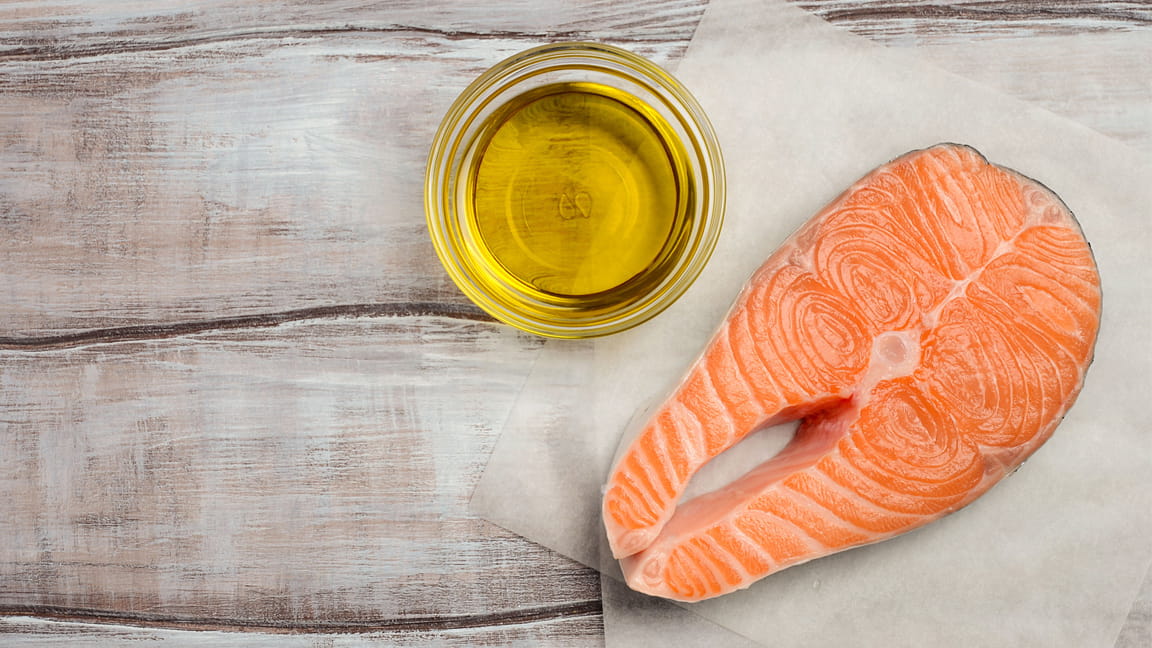Polyunsaturated Fats

Polyunsaturated fats can have a beneficial effect on your heart.
AHA recommendation
For good health, consume foods that contain polyunsaturated fats in place of those that contain saturated fats and/or trans fats.
What are polyunsaturated fats?
Polyunsaturated fats are fat molecules that have more than one unsaturated carbon bond in the molecule. Oils that contain polyunsaturated fats are typically liquid at room temperature but start to turn solid when chilled . Soybean oil is a type of oil that contains polyunsaturated fats.
How do polyunsaturated fats affect my health?
Polyunsaturated fats can help reduce bad cholesterol levels in your blood, which can lower your risk of heart disease and stroke. They also provide nutrients to help develop and maintain your body’s cells. Oils rich in polyunsaturated fats also provide vitamin E, an important antioxidant vitamin.
Oils rich in polyunsaturated fats also provide essential fats that your body needs but can’t produce itself, including omega-6 and omega-3 fatty acids. You must get essential fats through food. Omega-6 and omega-3 fatty acids are important for many functions in the body.
How are polyunsaturated fats better than saturated fats or trans fats?
All fats provide 9 calories per gram. However, polyunsaturated fats can have a positive effect on your health, when eaten in moderation. The “bad” fats — saturated fats and trans fats — can negatively affect your health.
Nontropical vegetable oils high in polyunsaturated fat include:
- Canola.
- Corn.
- Soybean.
- Sunflower.
Foods high in polyunsaturated fats include:
- Fatty, or oily fish, including anchovies, herring, mackerel, black cod, salmon, sardines, bluefin tuna, whitefish, striped bass and cobia. These fish are high in omega-3 fatty acids.
- Some nuts and seeds, including walnuts, flaxseeds and sunflower seeds.
- Tofu/soybeans.








